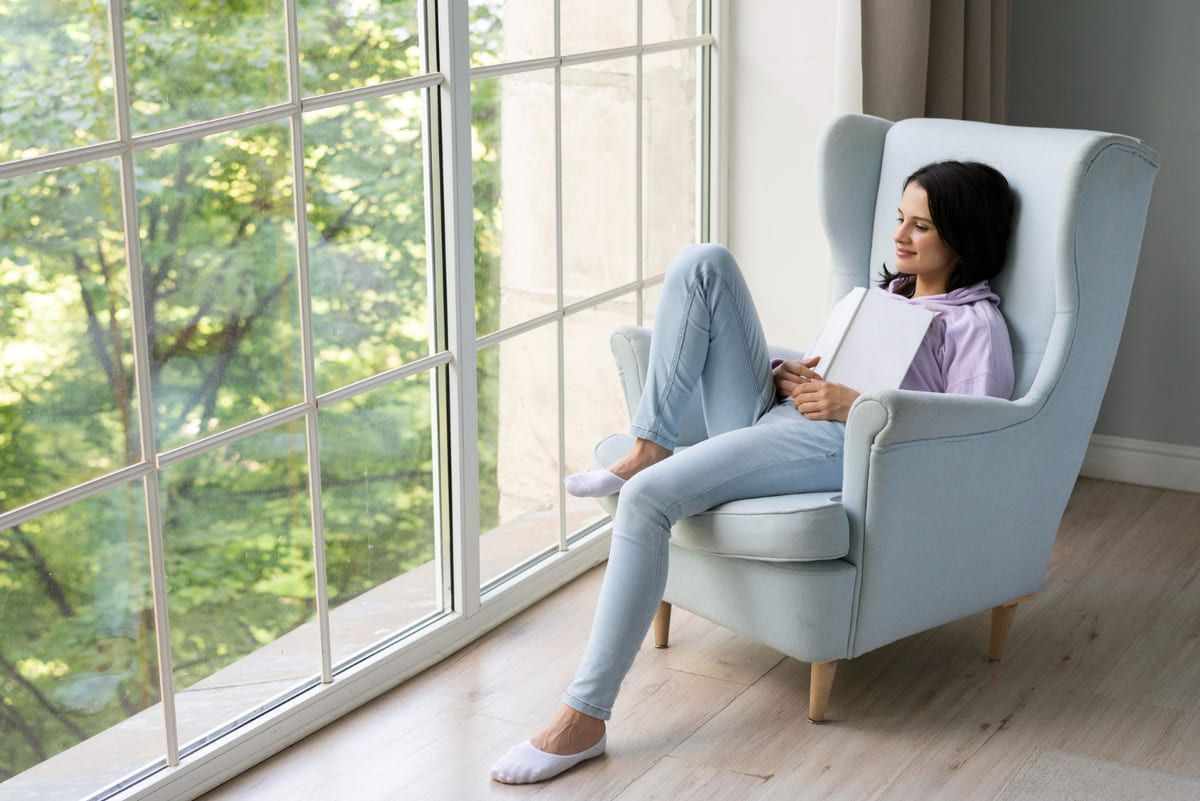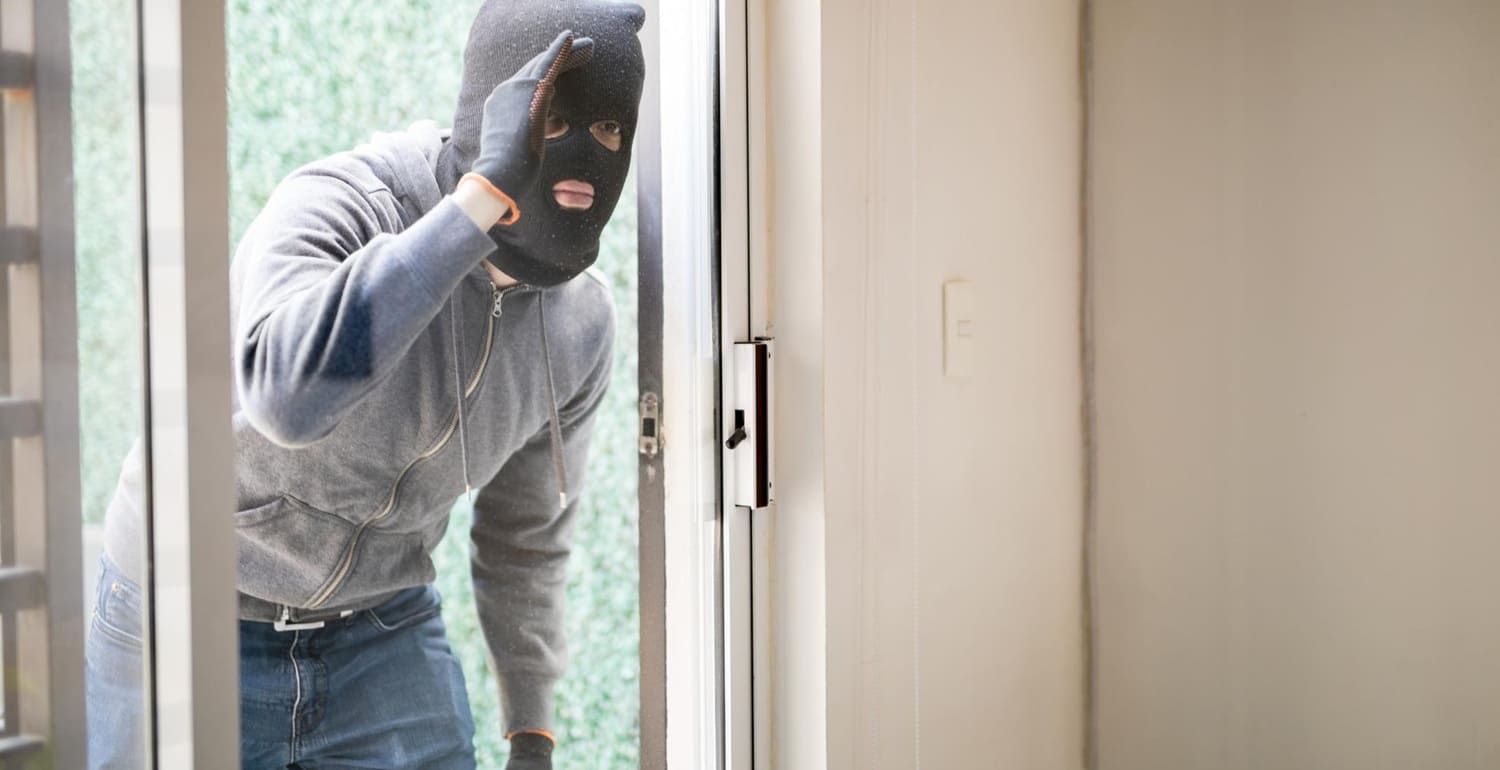Home Window Tinting vs. Blinds and Curtains: Which is Better?
When it comes to managing the light and privacy in your home, choosing between window tinting, blinds, and curtains can be challenging. Each option offers unique benefits and drawbacks. In this article, we will explore the differences between home window tinting, blinds, and curtains to help you decide which is better suited for your needs.
Understanding Home Window Tinting
Home window tinting involves applying a thin film to the interior surface of your windows. This film is designed to reduce the amount of sunlight and heat entering your home, providing several benefits.
How Does Home Window Tinting Work?
Window tinting works by using a special film that can block or reflect a percentage of the sunlight. This film is typically made of polyester and is applied directly to the window glass. It can come in various shades and levels of reflectivity, allowing you to customize the amount of light and heat reduction you desire.
Benefits of Home Window Tinting
- Energy Efficiency: Tinted windows can reduce the need for air conditioning by blocking a significant amount of solar heat, which can lead to lower energy bills.
- UV Protection: Window tinting blocks harmful UV rays that can cause damage to your furniture, flooring, and skin.
- Privacy: Tinted windows provide an extra layer of privacy without sacrificing your view of the outside world.
- Glare Reduction: By reducing glare, window tinting makes it easier to watch TV or work on a computer.
Blinds: A Traditional Choice
Blinds are a popular window treatment option that can be made from various materials, including wood, metal, and plastic. They offer flexible light control and privacy options.
Advantages of Blinds
- Versatility: Blinds come in a wide range of styles, colors, and materials, allowing you to customize them to fit your home decor.
- Adjustable Light Control: Blinds can be easily adjusted to let in just the right amount of light or block it out completely.
- Ease of Installation: Installing blinds is generally straightforward and does not require professional help.
Disadvantages of Blinds
- Maintenance: Blinds can accumulate dust and require regular cleaning.
- Durability: Some materials, like plastic, may not be as durable and can warp or break over time.
- Limited Insulation: Blinds do not provide as much insulation as window tinting or curtains.
Curtains: Combining Style and Functionality
Curtains are fabric panels that hang from a rod and can be opened or closed to control light and privacy. They add a decorative touch to any room.
Pros of Curtains
- Aesthetic Appeal: Curtains come in various colors, patterns, and textures, enhancing the visual appeal of your home.
- Insulation: Thick, lined curtains can help insulate your home by trapping heat inside during the winter and blocking it out during the summer.
- Soundproofing: Heavy curtains can reduce noise from outside, creating a quieter indoor environment.
Cons of Curtains
- Space Requirement: Curtains require more space than blinds or tinting, as they need room to hang and stack when open.
- Cleaning: Fabric curtains may need to be washed or dry-cleaned regularly, depending on the material.
- Fading: Over time, exposure to sunlight can cause curtain fabrics to fade.
Comparing Costs
When considering window treatments, cost is an important factor. The cost of home window tinting, blinds, and curtains can vary based on the size of your windows, the materials used, and whether you choose professional installation.
- Window Tinting: The cost of window tinting can range from $5 to $12 per square foot, depending on the type of film used and the complexity of the installation.
- Blinds: Blinds can cost anywhere from $20 to $200 per window, depending on the material and style.
- Curtains: Curtains can vary widely in cost, from $10 to over $500 per panel, depending on the fabric and design.

Installation and Maintenance
Window Tinting Installation
Installing window tinting film is a precise process that requires careful measurement and application. While some DIY kits are available, hiring professional home window tinting installers near you can ensure a smooth and long-lasting installation.
Maintaining Your Window Treatments
- Tinting: Once applied, window tinting requires minimal maintenance. Simply clean with a non-abrasive cleaner and soft cloth.
- Blinds: Regular dusting or vacuuming with a brush attachment can keep blinds clean.
- Curtains: Follow the manufacturer's care instructions for washing or dry-cleaning curtains as needed.
Making the Right Choice
Flying window tinters, premier window tinting installers for the Longwood, FL areas, offers free estimates to help you choose the best window solution for your home. Ultimately, the choice between home window tinting, blinds, and curtains depends on your specific needs and preferences. Consider factors such as energy efficiency, privacy, aesthetics, and budget when making your decision. By weighing the pros and cons of each option, you can select the best window treatment for your home.
In conclusion, whether you opt for the sleek efficiency of window tinting, the versatile functionality of blinds, or the decorative appeal of curtains, each option offers unique benefits that can enhance your living space. Evaluate your priorities and consult with professionals if necessary to achieve the perfect balance of style and function for your home.












All Rights Reserved | FLYING WINDOW TINTERS







